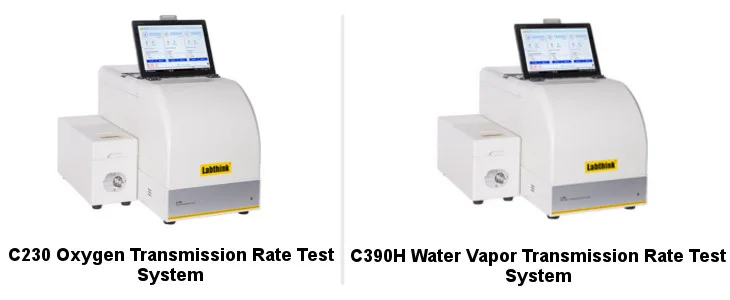
As we know, extending shelf life of food is the primary function of food packaging and advanced food processing technologies can help to preserve flavor, texture, nutrients and color during processing. Microwave-assisted thermal sterilization (MATS) is an advanced state-of-the-art technology that can provide higher quality of sterilized meals in comparison to retort. The development of this technology was started by Dr. Juming Tang, at Washington State University, Pullman in 1997. It was partially financed by the U.S. Army Natick Soldier Systems Center and Kraft Foods and patented in 2006.
For the first time in the USA, a microwave based thermal processing technology was accepted by FDA. This technology uses a 915 MHz microwave single-mode cavity and water immersion. The 915 MHz microwaves have longer wavelength compared to 2450 MHz frequency used in domestic microwaves that can penetrate deeper into food products, which gives MATS an additional means for uniform heating. Dr. Shyam Sablani, Professor at Washington State University, collaborated with polymer companies Toppan USA Inc., GA, USA; Dai Nippon Printing Co., Ltd., Tokyo, Japan; Kuraray America Inc., Texas, USA; Printpack Inc., GA, USA; Mitsubishi Gas and Chemical America, New York, USA to develop and evaluate high barrier packaging for MATS.
Researchers from his group have determined that changes in barrier properties (oxygen transmission and water vapor transmission) of multilayer films are smaller after MATS processing due to shorter processing time (almost one-third) as compared to conventional retort processing. This greatly enhances the shelf life of packaged foods as these barrier properties have a significant impact on the food quality when stored for 3-5 years.
The multilayer packages that Dr. Sablani's laboratory evaluated were comprised of metal oxide coated PET and EVOH as barrier layer. Both laboratories at Washington State University are currently investigating combined MATS processing effect and advanced packaging effect on complex recipes such as macaroni and cheese, chicken pasta that could be used for U.S. Army rations, NASA's extended duration space missions and by food companies targeting high quality shelf stable foods.
Author: Dr. Juhi Patel
Source: https://packaging360.in/casestudies/Extending-shelf-life-of-ready-to-eat-meals